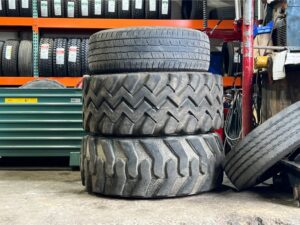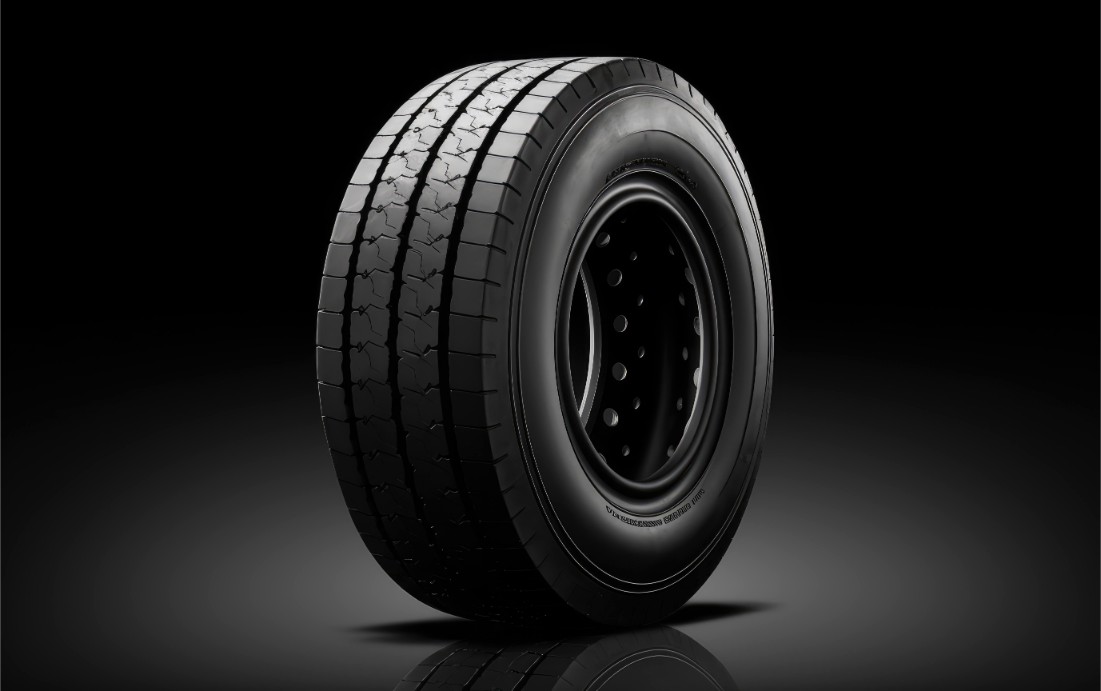
Your vehicle’s tyres are its only contact point with the road, making them critical for safety, performance, and fuel efficiency. Yet, many drivers ignore early warning signs until it’s too late. From sudden blowouts to costly replacements, tyre problems can be dangerous and expensive.
At Regrip, we believe prevention is better than cure. In this blog, we’ll explore the most common tyre problems, their causes, and how routine professional inspections can save you money and keep you safe on the road.
Why Regular Tyre Inspections Matter
Before diving into specific problems, let’s understand why proactive checks are essential:
✔ Prevent accidents caused by tyre failures
✔ Extend tyre lifespan by catching wear early
✔ Improve fuel efficiency by maintaining proper pressure
✔ Save money by avoiding emergency replacements
✔ Enhance vehicle handling for better driving experience
Industry data shows that 75% of roadside breakdowns are tyre-related, and most could be prevented with regular inspections.
7 Most Common Tyre Problems & Their Solutions
- Underinflation: The Silent Tyre Killer
Problem:
- Increased rolling resistance → 3-5% higher fuel consumption
- Overheating → Higher risk of blowouts at high speeds
- Uneven wear on tyre shoulders
Inspection Prevention:
- Monthly pressure checks (when tyres are cold)
- TPMS (Tyre Pressure Monitoring System) installation
- Professional pressure adjustment during servicing
- Overinflation: The Hidden Hazard
Problem:
- Reduced traction → Longer braking distances
- Harsh ride quality
- Premature center tread wear
Inspection Prevention:
- Always follow manufacturer’s recommended PSI
- Use digital pressure gauges for accuracy
- Adjust pressure for load changes
- Uneven Wear Patterns
Common Types & Causes:
| Wear Pattern | Likely Cause | Solution |
| Center wear | Overinflation | Adjust pressure |
| Edge wear | Underinflation | Inflate properly |
| Cupping | Worn shocks/struts | Suspension repair |
| Feathering | Misalignment | Wheel alignment |
Inspection Prevention:
- Tread depth measurements every 5,000 km
- Wheel alignment checks every 10,000 km
- Tyre rotation every 8,000 km
- Punctures & Slow Leaks
Problem:
- Nails, screws, or glass embedded in tread
- Valve stem leaks causing gradual air loss
- Bead leaks from improper mounting
Inspection Prevention:
- Visual inspection for embedded objects
- Soap water test to detect slow leaks
- Valve stem replacement during tyre changes
- Sidewall Damage
Danger Signs:
- Cracks (dry rot from age/weather)
- Bulges/blisters (internal structural damage)
- Cuts from curbs/potholes
Why It’s Dangerous:
Sidewall damage can lead to catastrophic blowouts without warning.
Inspection Prevention:
- Monthly visual checks for abnormalities
- Professional assessment of any sidewall marks
- Immediate replacement if damage is found
- Ageing & Dry Rot
Problem:
- Tyre rubber hardens over time (even with good tread)
- Visible cracks in sidewall/grooves
- Increased failure risk after 5-6 years
Inspection Prevention:
- Check DOT manufacturing date
- Replace tyres older than 5 years (regardless of tread)
- Store spare tyres properly to prevent dry rot
- Wheel Alignment Issues
Symptoms:
- Vehicle pulling to one side
- Steering wheel vibration
- Uneven wear patterns
Inspection Prevention:
- Computerized alignment check every 10,000 km
- Immediate correction after hitting potholes/curbs
- Suspension component inspections
How Often Should You Inspect Your Tyres?
| Inspection Type | Frequency | Best Performed By |
| Pressure Check | Monthly | Owner/Professional |
| Tread Depth Check | Every 5,000 km | Professional |
| Full Inspection | Every 6 months | Certified Technician |
| Pre-Trip Check | Before long journeys | Owner/Professional |
What Professionals Check That You Might Miss
While DIY checks are good, professionals at Regrip detect:
✔ Internal structural damage
✔ Precise alignment angles
✔ Hidden punctures
✔ Early suspension wear
✔ TPMS sensor issues
Our 360° tyre health check includes:
- Tread depth scanning
- Pressure diagnostics
- Wheel balancing
- Road force variation tests
5 Warning Signs You Need Immediate Inspection
1️⃣ TPMS warning light illuminated
2️⃣ Vibration through steering wheel
3️⃣ Visible cracks/bulges in sidewalls
4️⃣ Frequent air loss between fills
5️⃣ Tread wear indicators showing
How Regrip Keeps Your Tyres Problem-Free
Our Preventive Tyre Care Program includes:
🔹 Free Pressure Checks
🔹 Tread Wear Analysis
🔹 Nitrogen Inflation Services
🔹 Wheel Alignment Packages
🔹 Puncture Repair (where safe)
Don’t wait for a breakdown! Visit regrip.in to book your comprehensive tyre inspection today.
Final Thoughts
Most tyre problems develop gradually but can lead to sudden, dangerous failures. Routine professional inspections:
- Spot issues before they become emergencies
- Save money on premature replacements
- Keep your family safe on the road
Remember: Well-maintained tyres don’t just last longer—they save fuel and prevent accidents.
Ready for peace of mind? Schedule your tyre check-up with Regrip today!
Have questions about tyre maintenance? Our experts are just a click away at regrip.in.
#TyreCare #CarSafety #Regrip #TyreMaintenance #PreventiveCare







